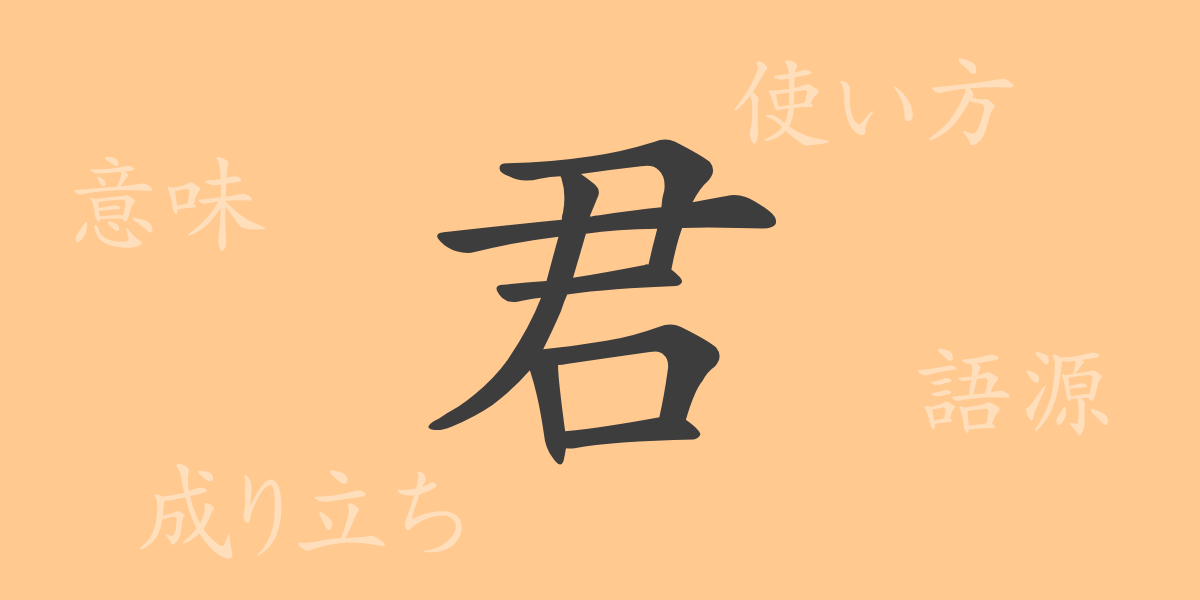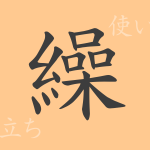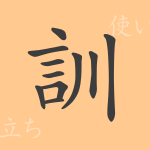The meaning and charm of a single kanji character lie in the depth of history and culture embedded in its form and sound. The character “君(きみ)” is frequently seen in Japanese calligraphy, literature, and even everyday conversations. In this article, we will explore the origins of “君(きみ),” its diverse modern uses, and the allure it holds.
Origin of 君(きみ) (Etymology)
The kanji “君(きみ)” has its origins in ancient China, where it was initially used as a title for kings or nobles. In seal script, it was represented as “尹,” symbolizing a person standing upright. Over time, the use of “君(きみ)” expanded to refer more broadly to others with respect, becoming a term of honor and respect for addressing others.
Meanings and Uses of 君(きみ)
In modern Japanese, “君(きみ)” is primarily used as a personal title. It is often used affectionately or respectfully when addressing friends or colleagues. Although it is more commonly used to refer to men, it can also be used for women depending on the context. Additionally, in lyrics and poetry, “君(きみ)” is used romantically to refer to a loved one.
Readings, Stroke Count, and Radical of 君(きみ)
“君(きみ)” has various readings and uses in Japanese.
- Readings: On’yomi (Chinese reading) – “クン(くん)”; Kun’yomi (Japanese reading) – “きみ”
- Stroke count: “君(きみ)” has 7 strokes.
- Radical: The radical is 口(くち).
Idioms, Expressions, and Proverbs Using 君(きみ)
There are many idioms, expressions, and proverbs in Japanese that include “君(きみ).” For example, “君子(くんし)” refers to a virtuous person, and “君主(くんしゅ)” means the leader of a country or people. “君が代(きみがよ)” is the title of the Japanese national anthem, deeply rooted in Japanese history and culture. These expressions reflect the respect and authority associated with “君(きみ).”
Conclusion on 君(きみ)
The character “君(きみ)” has been used in various contexts since ancient times. Beyond simply referring to an individual, it is also used to express respect and affection, highlighting its wide range of uses. As a commonly used kanji in Japan, “君(きみ)” is deeply embedded in our daily lives. Understanding the history and meaning behind this character allows us to appreciate the profound nature of the Japanese language.

























